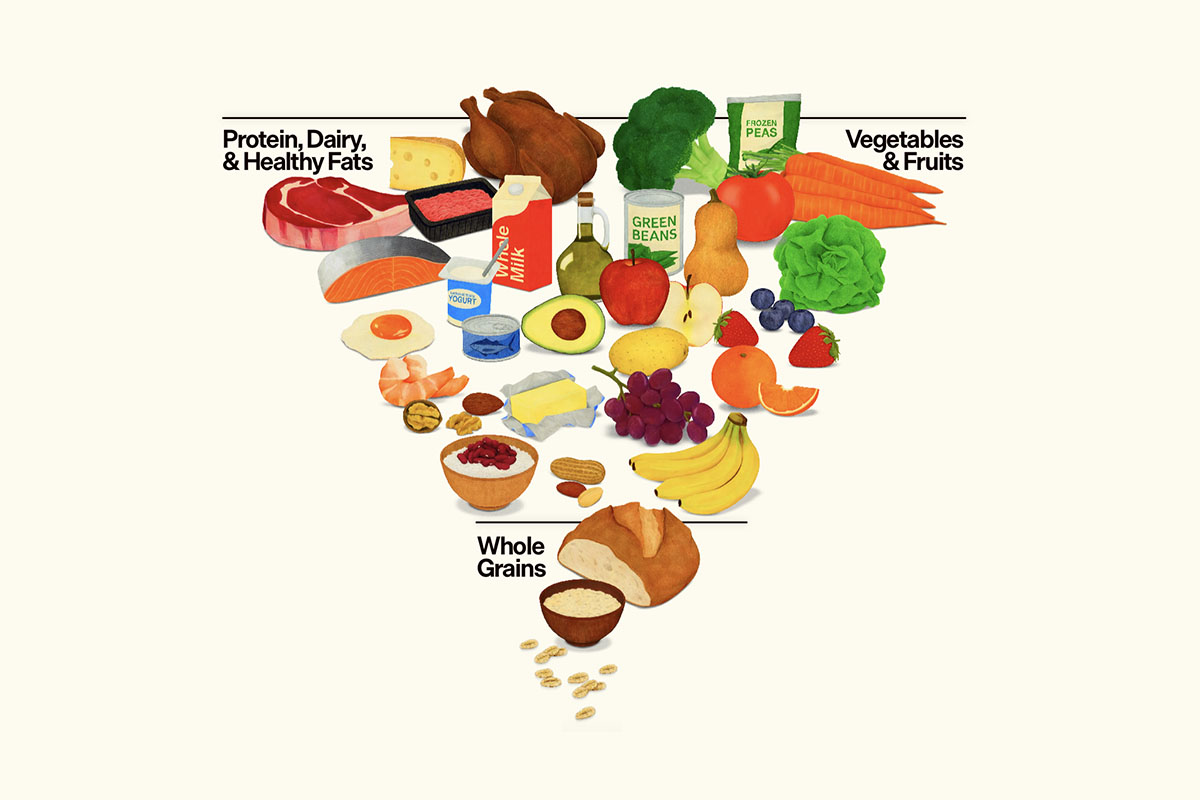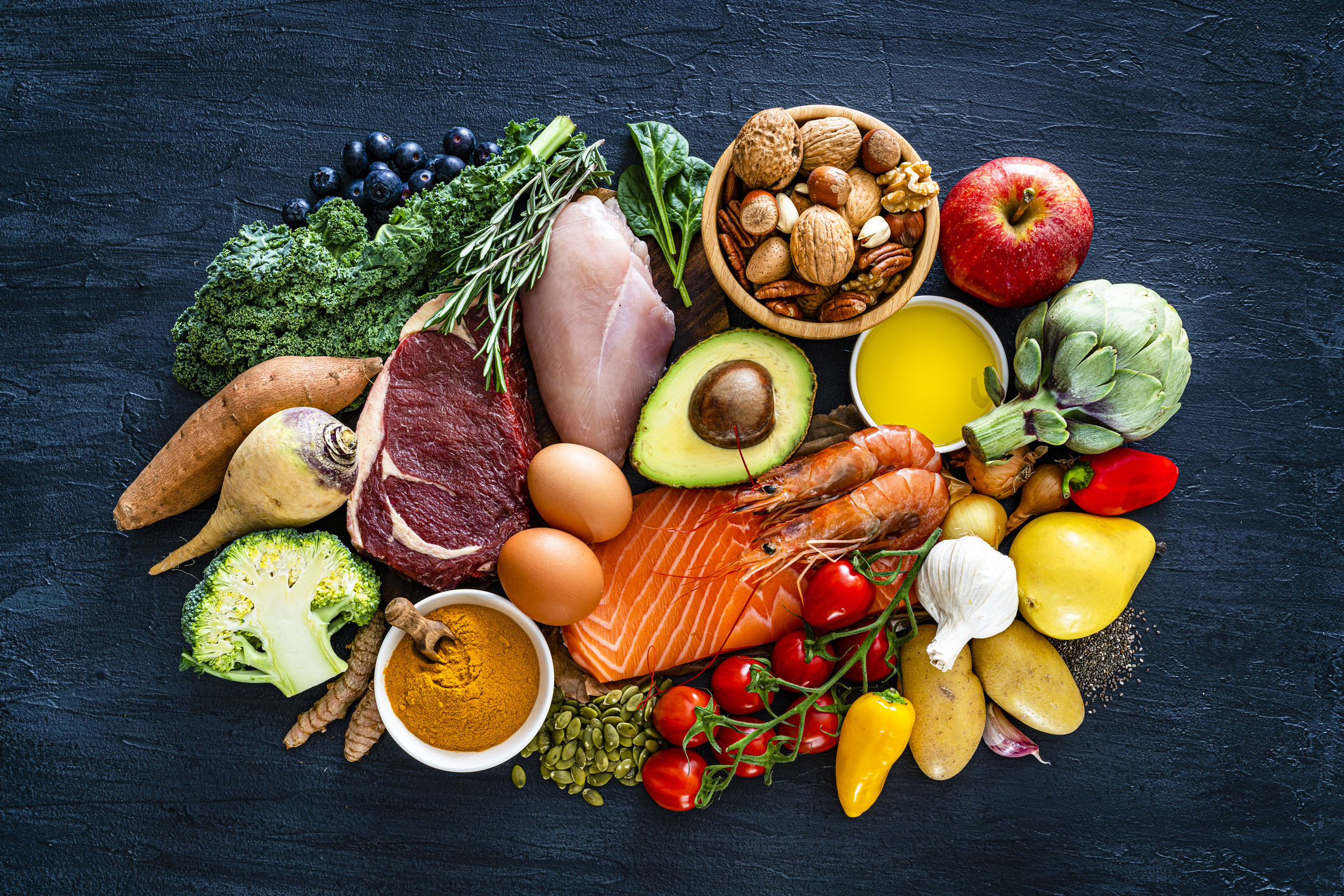According to a recent issue of Holistic Primary Care, drinking milk every day may not be the most healthful approach to osteoporosis prevention.
Because milk contains important nutrients (including protein, calcium, phosphorus and other minerals), the USDA recommends including two to three servings of dairy products per day as part of a well-balanced diet, depending on age.
 A study conducted at Uppsala University in Sweden that examined two large cohorts of women and men found a “positive association between high milk intake and increased fracture incidence among women.” This study also found a correlation between high milk consumption and higher death rates among both women and men. In fact, women who drank three or more servings of milk daily were found to die at almost two times the rate of those who drank less than a glass of milk a day!
A study conducted at Uppsala University in Sweden that examined two large cohorts of women and men found a “positive association between high milk intake and increased fracture incidence among women.” This study also found a correlation between high milk consumption and higher death rates among both women and men. In fact, women who drank three or more servings of milk daily were found to die at almost two times the rate of those who drank less than a glass of milk a day!
What the researchers observed were higher rates of oxidative stress and inflammatory biomarkers with increased consumption of milk. They attribute this to the presence of the monosaccharide sugar D-galactose in dairy products. D-galactose is a component of lactose, the disaccharide sugar found in milk.
Humans are the only species on the planet that routinely drink milk from other animals after weaning from the breast (or formula). Interestingly, about 75% of the world’s population becomes lactose intolerant, meaning we lose the ability to digest the milk sugar, lactose. This is because natural production of lactase, the enzyme needed to digest lactose, decreases after weaning.
While it is purported that dairy products are good for bone health, there is opposing research that shows higher fracture rates in countries with higher calcium intake and higher mean bone mineral density.
But it’s not all bad news about dairy. The Swedish milk study also found that “a high intake of fermented milk products – such as yogurt and soured milk and cheese – was actually associated with lower rates of bone fracture and mortality.” This is likely due to the available vitamin K in those foods.
To your health!







